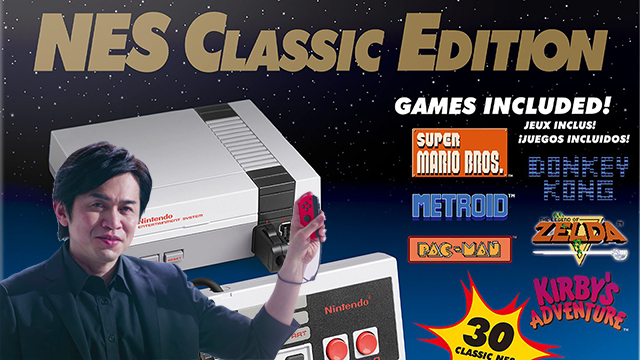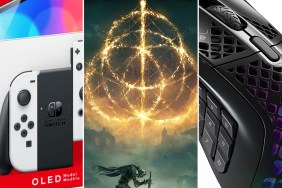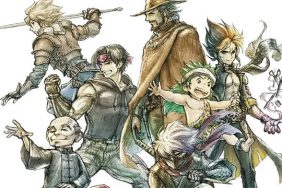Today Nintendo formally announced it will discontinue the NES Classic Edition in the West, a decision already prompting dismay and vexation across the internet and gaming enthusiast landscape. Nintendo’s reasoning is that the company already shipped more NES Classics than it ever intended to, and for a limited-run product that should be enough. The explanation would probably be seen…

Atlas is an action-rpg with rogue-like elements where you use your ability to control the ground to fight the enemies and move through procedurally generated worlds.










